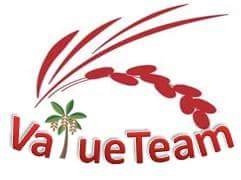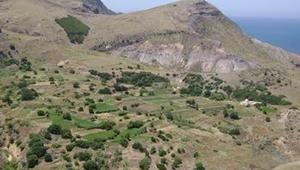Educational innovation for the development of urban and peri-urban agriculture
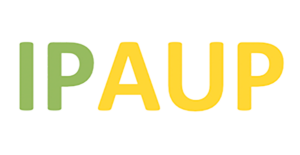
The IPAUP project is co-financed by the Ministry for Europe and Foreign Affairs and within the framework of the Solidarity Fund for Innovative Projects or “Seed Fund to support projects to support the development of higher education French in West and Central Africa (ADESFA II) ”. It is coordinated by the International Center for Pedagogical Studies (CIEP), now FEI.
Trainers and teachers in higher or professional Moroccan agricultural education (initial or lifelong education), are the main target of the project.
The project benefits from the experience of the multidisciplinary group of French project partners, at CIHEAM-IAMM in Montpellier, and in the following structures affiliated to Agreenium: INPT-ENSAT in Toulouse, Institut Agro Montpellier, INRAE, and CIRAD in Montpellier.
The IPAUP project is an action-training based on project-based pedagogy. It aims to design and produce digital educational ressources on the theme of AUP, thanks to close collaboration between the Moroccan and French teams, both in terms of didactic content and educational engineering.
Goals
-
The Moroccan team will strengthen its skills in innovative pedagogies for hybrid dissemination (face-to-face / distance). She will create the scenarios and resources for the course while taking charge of new distance training tools and innovative teaching methods; she will independently supervise a test session of the product chapters.
-
A Moodle platform will be created at ENAM to distribute this course as well as the School’s other online training courses.
-
A 40-hour hybrid course will be carried out for a professional audience, with 15% face-to-face (2 face-to-face meetings) and 85% at a distance.
- A course intended for engineering students will be declined, with additional activities, in particular conceptual.
In the medium term, this project should enable ENAM to pursue the following objectives:
- Create a resource center for educational innovation at ENAM for the teaching and learning of AUP;
- Approach the next 2023/2024 accreditation campaign with a revised agricultural engineer training, prepared for greater internationalization;
- Restore gender balances in the recruitment and employability of learners in the AUP sector, especially women;
- Develop a mechanism for dialogue with the social, socio-economic and public policy sectors, for greater employability of learners;
- Provide a renovated quality assurance framework to evaluate the training produced by the new resource center for educational innovation.
More information
Source of funding
ADESFA II
Programme and contact references
Pierre Grenier – AGREENIUM
Partners
- ENAM – Morocco
- RIAM – Morocco
- ONCA – Morocco
- DEFR – Morocco
- CAR Fès/Meknes – Morocco
- INRAE – France
- CIRAD – France
- CIHEAM Montpellier – France
- Institut Agro Montpellier – France
- INPT-ENSAT – France


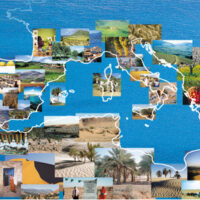 CIHEAM MontpellierOur vision is that of a Mediterranean basin characterised by a spirit of cooperation.
CIHEAM MontpellierOur vision is that of a Mediterranean basin characterised by a spirit of cooperation.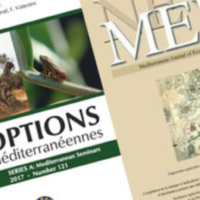 CIHEAM publicationsOur publications and communication tools aim to facilitate decision-making processes for political, economic and agricultural actors in the Mediterranean region
CIHEAM publicationsOur publications and communication tools aim to facilitate decision-making processes for political, economic and agricultural actors in the Mediterranean region News and events
News and events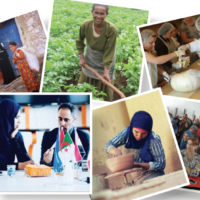 Press review (Scoop.it)
Press review (Scoop.it) Master programmesThe CIHEAM Montpellier stands for both personalised accompaniment and international openness.
Master programmesThe CIHEAM Montpellier stands for both personalised accompaniment and international openness.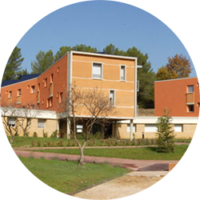 Campus & student lifeSince 1962, almost 95% of our foreign students have been granted accommodation on site.
Campus & student lifeSince 1962, almost 95% of our foreign students have been granted accommodation on site.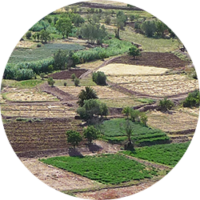 Doctoral platformShaping the scientists of tomorrow through research training… A natural commitment of the CIHEAM Montpellier
Doctoral platformShaping the scientists of tomorrow through research training… A natural commitment of the CIHEAM Montpellier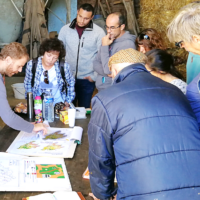 ProjectsOur research and cooperation projects are tools for inclusive development, they take into account the populations and rural and coastal territories of the Mediterranean.
ProjectsOur research and cooperation projects are tools for inclusive development, they take into account the populations and rural and coastal territories of the Mediterranean.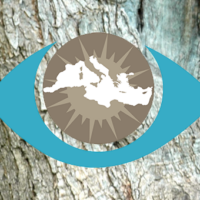 Mediterranean online catalogueA unique Documentation Center on the Mediterranean,
invested in sharing knowledge.
Mediterranean online catalogueA unique Documentation Center on the Mediterranean,
invested in sharing knowledge. Scientific productionThe scientific production of the CIHEAM Montpellier is the fruit of collaborations by our lecturer-researchers, associated experts, students and research partners.
Scientific productionThe scientific production of the CIHEAM Montpellier is the fruit of collaborations by our lecturer-researchers, associated experts, students and research partners. Becoming partnersCreating partnerships is part of the genetic make-up of the CIHEAM Montpellier... Join one of its projects or study programmes, support its actions.
Becoming partnersCreating partnerships is part of the genetic make-up of the CIHEAM Montpellier... Join one of its projects or study programmes, support its actions.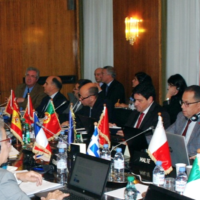 Ministerial meetingsThrough the Ministerial, CIHEAM contributes to the construction of a dialogue between the Mediterranean countries around questions relating to agriculture and the rural world.
Ministerial meetingsThrough the Ministerial, CIHEAM contributes to the construction of a dialogue between the Mediterranean countries around questions relating to agriculture and the rural world.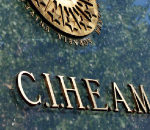
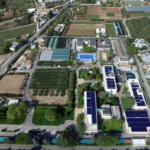
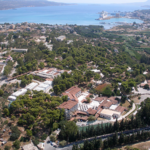
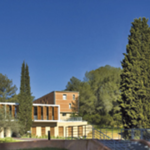
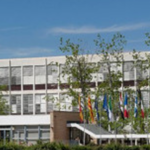
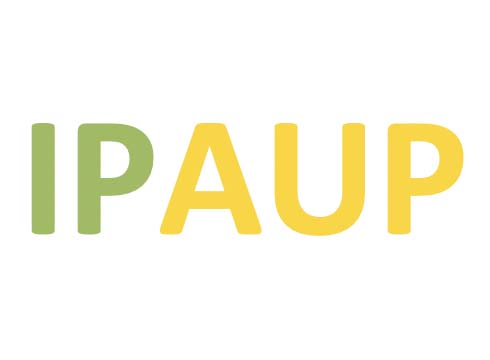
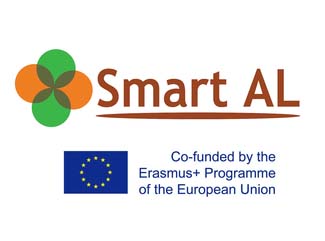
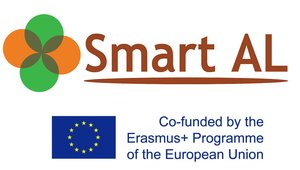 The SmartAL Project –Sustainable management of Albanian Territories, rural areas and agriculture: Instrument, policies, strategies– was selected by the European Commission in August 2017.
The SmartAL Project –Sustainable management of Albanian Territories, rural areas and agriculture: Instrument, policies, strategies– was selected by the European Commission in August 2017.
 Favoriser une sortie de la crise socio-économique générée par la Covid-19 par la voie de la promotion de l’Économie Bleue Solidaire (EBS) comme secteur résilient et durable général.
Favoriser une sortie de la crise socio-économique générée par la Covid-19 par la voie de la promotion de l’Économie Bleue Solidaire (EBS) comme secteur résilient et durable général.
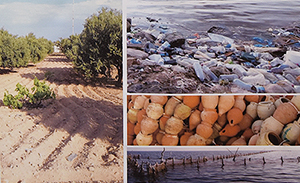 Elaboration of a local governance process in the Kerkennah Islands that ensures the inclusive dialogue between the involved stakeholders and their participation in the definition, implementation and monitoring of a sustainable territorial development strategy which takes into account the current issues of the territory.
Elaboration of a local governance process in the Kerkennah Islands that ensures the inclusive dialogue between the involved stakeholders and their participation in the definition, implementation and monitoring of a sustainable territorial development strategy which takes into account the current issues of the territory.